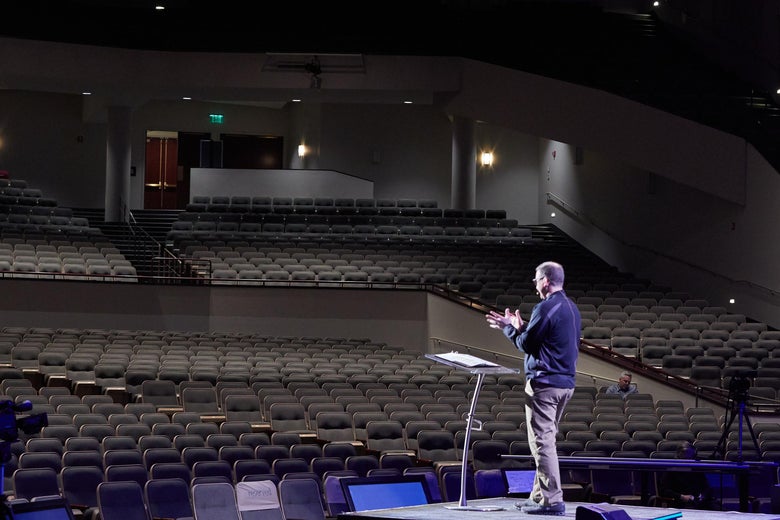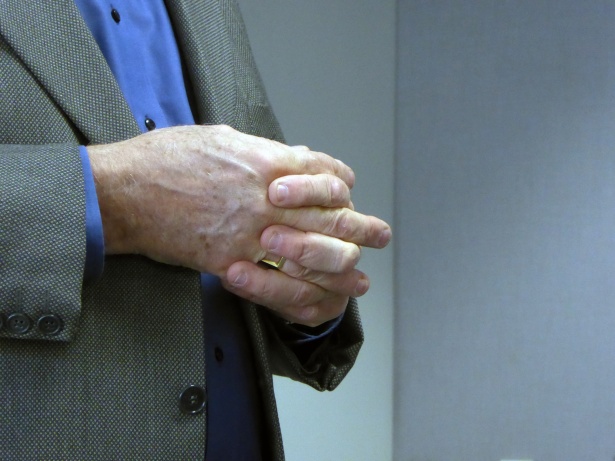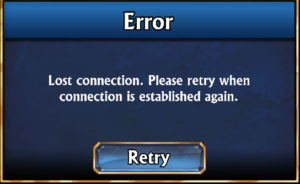
This blog has never been aimed at generating lots of responses. I appreciate the ones I get, but know that, if you’re like me, you barely have time to read all the stuff you want to read and rarely have extra time for commenting.
But for today I wouldn’t mind hearing how the current COVID-19 pandemic has affected your preaching. Here are three possible scenarios; the last two are similar:
- If you are fortunate to be in a region that is still having church as “normal”
- If you have been preaching in church to no audience or maybe your worship team, but hoping your faith-family will watch
- If you have been preaching to your computer camera, hoping your faith-family will watch
So far, I’ve been experiencing #3 and it does change the preaching dynamics. One of the things I didn’t expect to feel is that it seems to be a bit harder for me to get ready spiritually. I have had to remind myself that this is still very important–life and death stuff. The pressure is not off.
Maybe it’s due to getting out of my regular routine. I’m still processing all of this.
And, then, of course, with either #2 or #3 preaching without parishioners is just plain weird. Bless her heart, my wife, Michele, has been great to sit directly across from me these past two weeks with the tall order of generating all the non-verbal and verbal dialogue I usually receive each Sunday.
What about your experience so far?
Thanks for taking a moment to share.
I am convinced that our Lord is still receiving glory in the church and in Christ Jesus (Ephesians 3:21) through your fine efforts.
Randal










